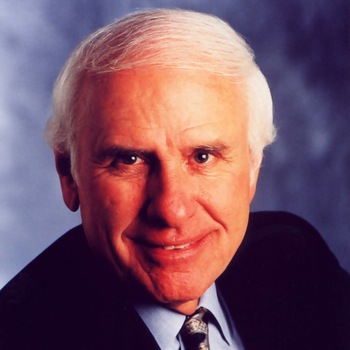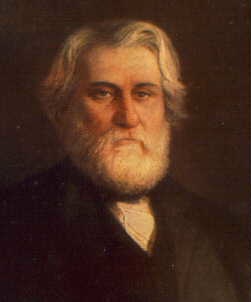Why Not Stretch Yourself?

“Every life form seems to strive to its maximum except human beings. How tall will a tree grow? As tall as it possibly can. Human beings, on the other hand, have been given the dignity of choice. You can choose to be all or you can choose to be less. Why not stretch up to the full measure of the challenge and see what all you can do?”
–Jim Rohn (American Businessman, Author, Speaker and Philosopher 1930-2009)
Perspectives and Aspirations

“The confined space I occupy is so minute when compared with the rest of the universe, where I am not and have no business to be; and the fraction of time I shall live is so infinitesimal when contrasted with eternity, in which I have never been and never shall be . . . And yet here, in this atom of myself, in this mathematical point, blood circulates, the brain is active, aspiring to something too . . .”
–Ivan Sergeyevich Turgenev (Russian Writer, 1818-1883)

“Fathers and Sons (Oxford World’s Classics)” (Ivan Turgenev)
A Rainy Day Question
“Millions long for immortality who do not know what to do on a rainy Sunday afternoon.”—Susan Ertz (a.k.a. J.R. McCrindle, Anglo-American Novelist, 1894-1985)
It is widely known in the scientific community that there has been a great deal of progress on aging research, much of it done behind the closed doors of pharmaceutical companies. According to Professor Tuljapurkar between 2010 and 2030, the modal, or most common, age of death will increase by 20 years if anti-aging therapies come into widespread use. This projected increase is based on some sophisticated modeling, and reflects a life-span growth rate that is five times faster than the current rate. If accurate, this would increase the modal age of death in industrialized countries such as the United States from roughly 80 years to 100.
So back to the question: if you suddenly discovered that you were going to have an extra thirty years of healthy life, what would you do with it?
I really do suggest that you start thinking about that. Assuming that you have enough money to live a decent life, what would you do with that extra twenty years? Would you:
1. Enjoy spending more time with younger members of the family?
2. Learn some new skills?
3. Make new friends?
4. Travel?
5. Read those books you always meant to?
6. Become more involved in spiritual pursuits?
7. Find a new way of serving others?
8. Sit in front of the television?
What plans or aspirations do you have that you want to add to this list?
But then I have another question for you: if your answers included any of the points from 1-7, why not do them right now? What exactly is stopping you from doing all those things today?






